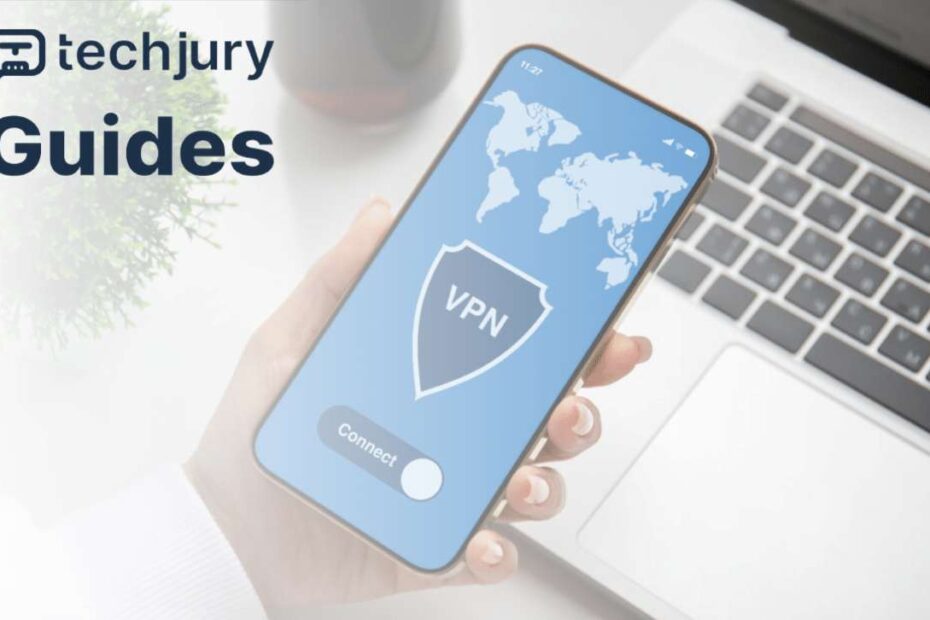The Evolution of Mobile Connectivity: Understanding VPN Integration
In the rapidly transforming digital landscape, mobile networks have become more than just communication channels—they‘re lifelines connecting individuals to global information ecosystems. As a data analysis specialist, I‘ve witnessed firsthand the remarkable journey of network technologies, from rudimentary cellular connections to the sophisticated 4G and 5G infrastructures we rely on today.
When you‘re navigating the complex world of mobile connectivity, understanding how Virtual Private Networks (VPNs) interact with these advanced networks isn‘t just technical knowledge—it‘s a critical survival skill in our interconnected world.
The Technological Metamorphosis
The progression from 3G to 4G and now 5G represents more than incremental improvements. These aren‘t merely faster networks; they‘re fundamentally reimagined communication architectures that have transformed how we interact with digital environments.
4G networks introduced us to true mobile broadband, enabling streaming, video calls, and real-time collaboration. 5G took this foundation and exponentially expanded its potential, promising near-instantaneous communication, massive device connectivity, and unprecedented data transmission speeds.
Technical Architecture: How VPNs Operate in Modern Mobile Networks
Encryption and Network Traversal
At its core, a VPN creates an encrypted tunnel between your device and remote servers. This isn‘t just about hiding your IP address—it‘s a sophisticated dance of cryptographic protocols designed to protect your digital footprint.
When you connect through a VPN on a 4G or 5G network, multiple complex processes occur simultaneously:
- Your device establishes a secure connection with a remote VPN server
- All network traffic gets encrypted using advanced cryptographic algorithms
- Your original network route gets obfuscated, making tracking virtually impossible
- Data packets are rerouted through the VPN‘s secure infrastructure
Performance Dynamics
The interaction between VPNs and mobile networks isn‘t a simple, linear relationship. It‘s a nuanced interplay of technological capabilities, network infrastructure, and real-time optimization strategies.
Modern VPN protocols like WireGuard have been specifically engineered to minimize performance overhead. Unlike older protocols that could significantly reduce connection speeds, these next-generation solutions maintain remarkable efficiency.
Comparative Network Performance Analysis
4G Network Characteristics
4G networks typically operate with:
- Average speeds between 10-50 Mbps
- Latency around 20-30 milliseconds
- Widespread global coverage
- Reliable for most digital activities
5G Network Capabilities
5G represents a quantum leap in mobile networking:
- Potential speeds up to 1-10 Gbps
- Dramatically reduced latency (1-4 milliseconds)
- Enhanced device density support
- Network slicing for specialized services
Security Implications and Privacy Protection
The Modern Threat Landscape
Cybersecurity isn‘t just about preventing unauthorized access—it‘s about creating comprehensive digital defense strategies. Mobile networks, while incredibly advanced, remain vulnerable to sophisticated threat actors.
VPNs serve as critical protective layers, offering:
- IP address masking
- Encrypted communication channels
- Protection against public network vulnerabilities
- Geographical restriction bypassing
Real-World Privacy Challenges
Consider the typical mobile user‘s exposure. When connecting to public Wi-Fi in cafes, airports, or conferences, your digital identity becomes vulnerable. VPNs transform these potentially risky environments into secure communication zones.
Choosing the Right VPN for Mobile Networks
Provider Evaluation Framework
Not all VPNs are created equal. Your selection should involve a holistic assessment considering:
- Server network global distribution
- Connection speed maintenance
- Encryption protocol robustness
- Pricing structure
- Platform compatibility
Top Recommended Providers
ExpressVPN
Renowned for its comprehensive global server network and military-grade encryption, ExpressVPN offers exceptional mobile network performance.NordVPN
With advanced features like double VPN and extensive server coverage, NordVPN provides robust protection for mobile users.Surfshark
A budget-friendly option offering impressive features and unlimited device connections.
Practical Usage Strategies
Optimization Techniques
To maximize your VPN experience on mobile networks:
- Select geographically proximate servers
- Use lightweight encryption protocols
- Implement split tunneling
- Regularly update VPN applications
Future Technological Horizons
Emerging Trends
The future of VPNs and mobile networks looks incredibly promising. Anticipated developments include:
- Quantum encryption integration
- AI-driven network optimization
- Enhanced cross-platform compatibility
- More intelligent privacy protection mechanisms
Conclusion: Empowering Your Digital Journey
Understanding VPNs isn‘t about technical complexity—it‘s about reclaiming control in an increasingly interconnected world. By making informed choices and staying technologically aware, you transform potential vulnerabilities into strengths.
Remember, in the digital landscape, knowledge isn‘t just power—it‘s protection.
